In Beaufort, South Carolina, people come together every year to remember the day President Lincoln read the Emancipation Proclamation. Read this brief article to see how they celebrate.


In Beaufort, South Carolina, people come together every year to remember the day President Lincoln read the Emancipation Proclamation. Read this brief article to see how they celebrate.

Using modern-day technologies, a team of historians and mapmakers put together a new, interactive view of the Battle of Gettysburg. Explore the maps to get a better idea of what happened.

Read about Ida B. Wells’ fight to end the lynching of black people, a cause that stood in contrast to other suffrage leaders’ beliefs.
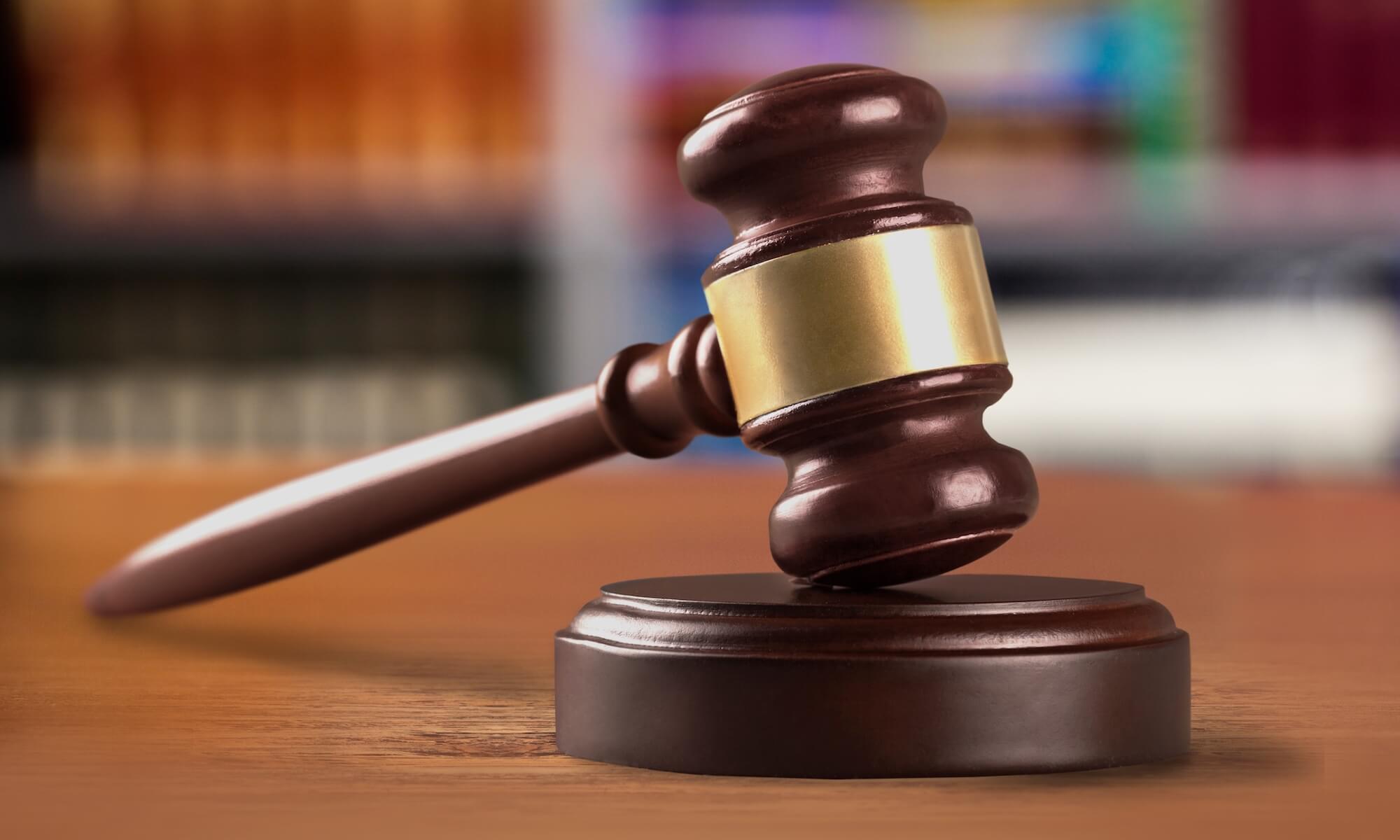
Henrietta Wood’s story of enslavement and kidnapping is not unique. However, her story is one-of-a-kind due to the fact that she won a civil suit against her kidnapper and was awarded reparations.

Two historians claim quilts may have contained encoded messages for enslaved people looking to escape through the Underground Railroad. Though others disagree, it is an intriguing idea.
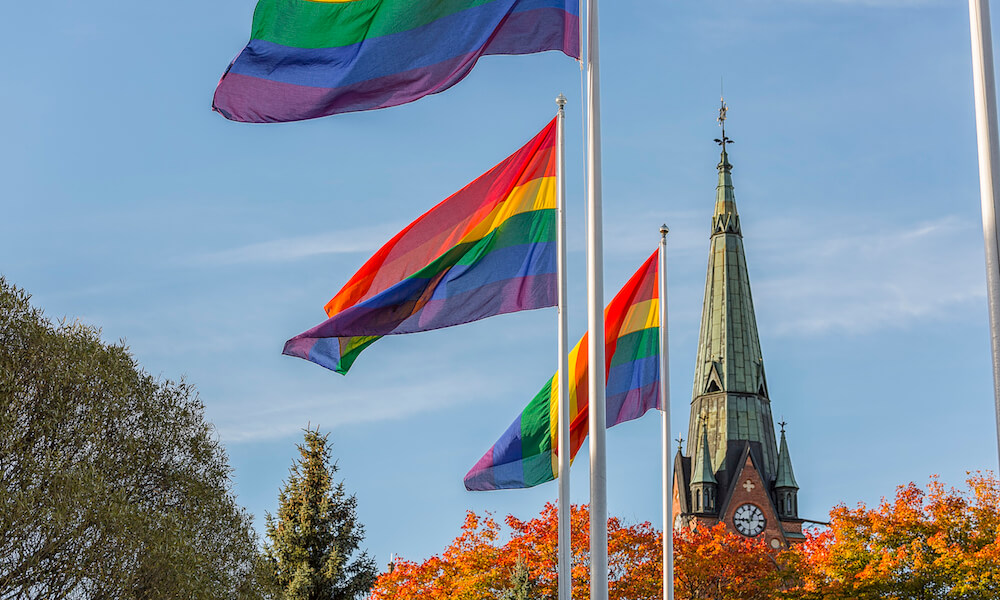
The struggle for Gay rights took many forms in the late 1900s, though their goals were the same: equality and acceptance. Look at photos of some of the first Pride parades and learn the history of how modern Pride celebrations came to be.

The first transcontinental railroad transformed America and came to symbolize a new spirit of unity and cooperation. Yet for decades after its completion, the Chinese workers who made the railroad’s construction possible were overlooked. Recently, steps have been taken to remedy this historical injustice.

Though the Transcontinental Railroad made transportation of goods and people across the country much more convenient, there were a number of negative results, including the decimation of the buffalo population and war with Native American tribes.
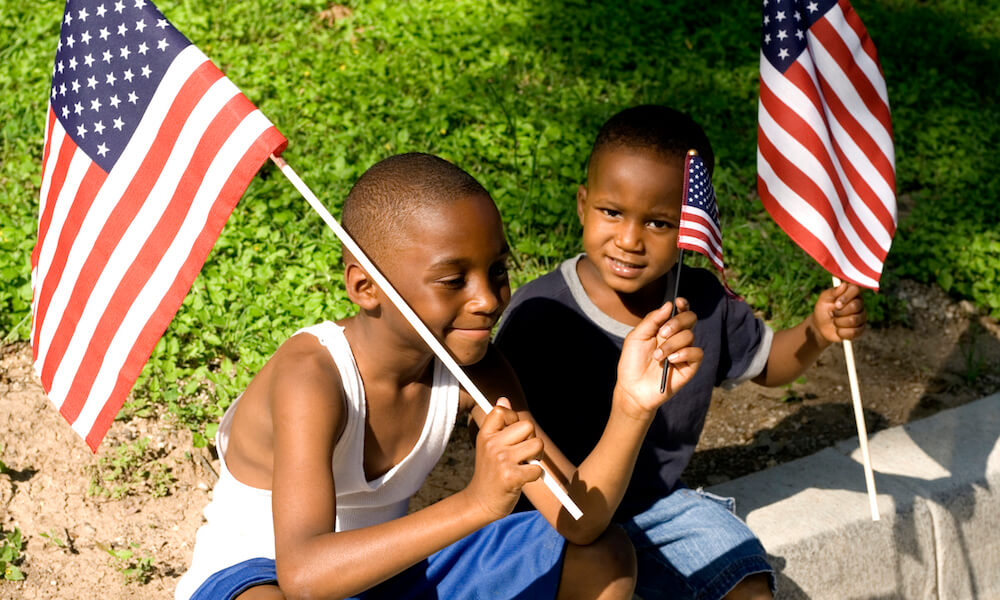
Juneteenth celebrates when enslaved people in the deep Confederacy finally learned of their freedom years after the Emancipation Proclamation was signed. Read the article to learn more about the holiday and America’s history of oppression.
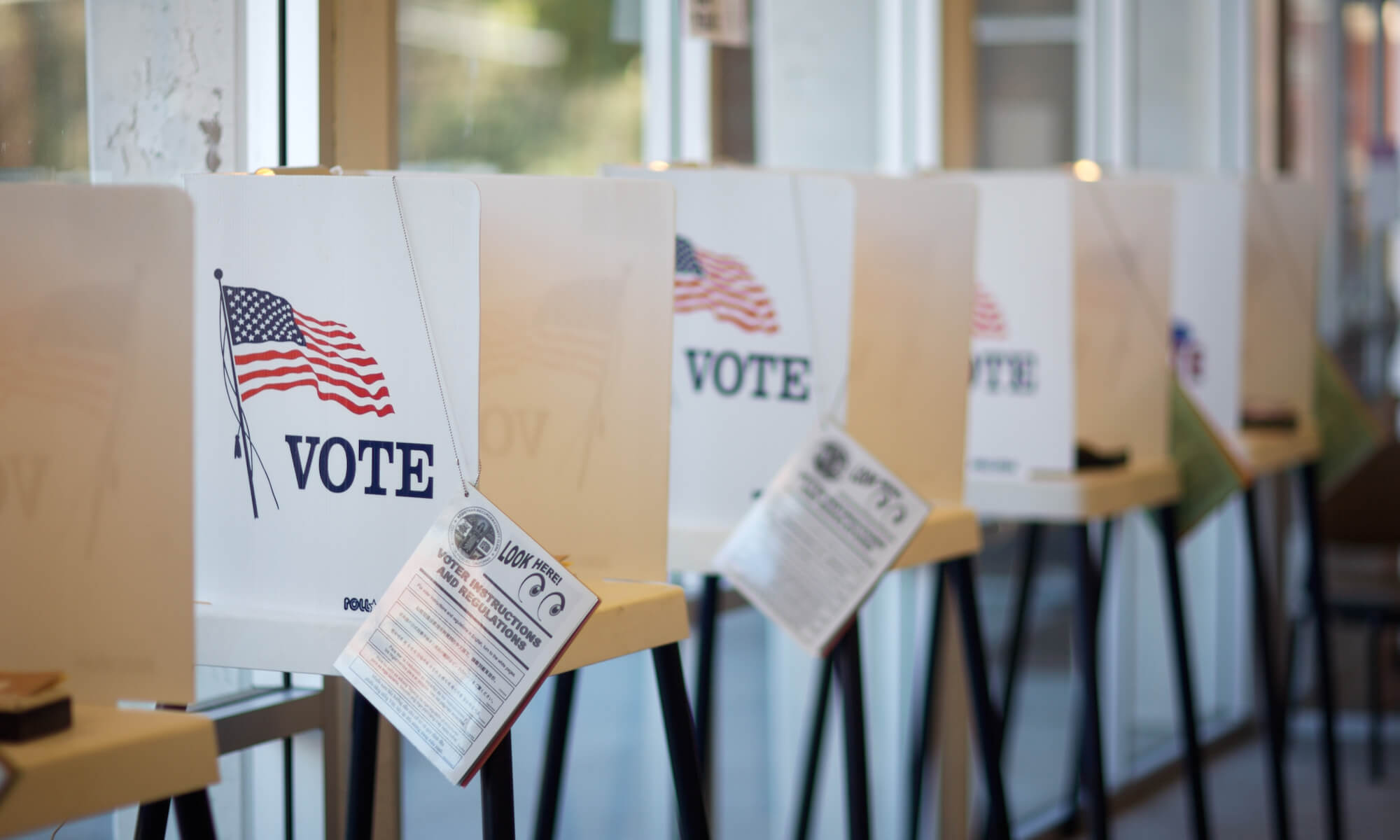
Uncover the hidden stories of the suffrage movement from women who faced bias and marginalization during their lives and whose legacies still fight to overcome those same hurdles.
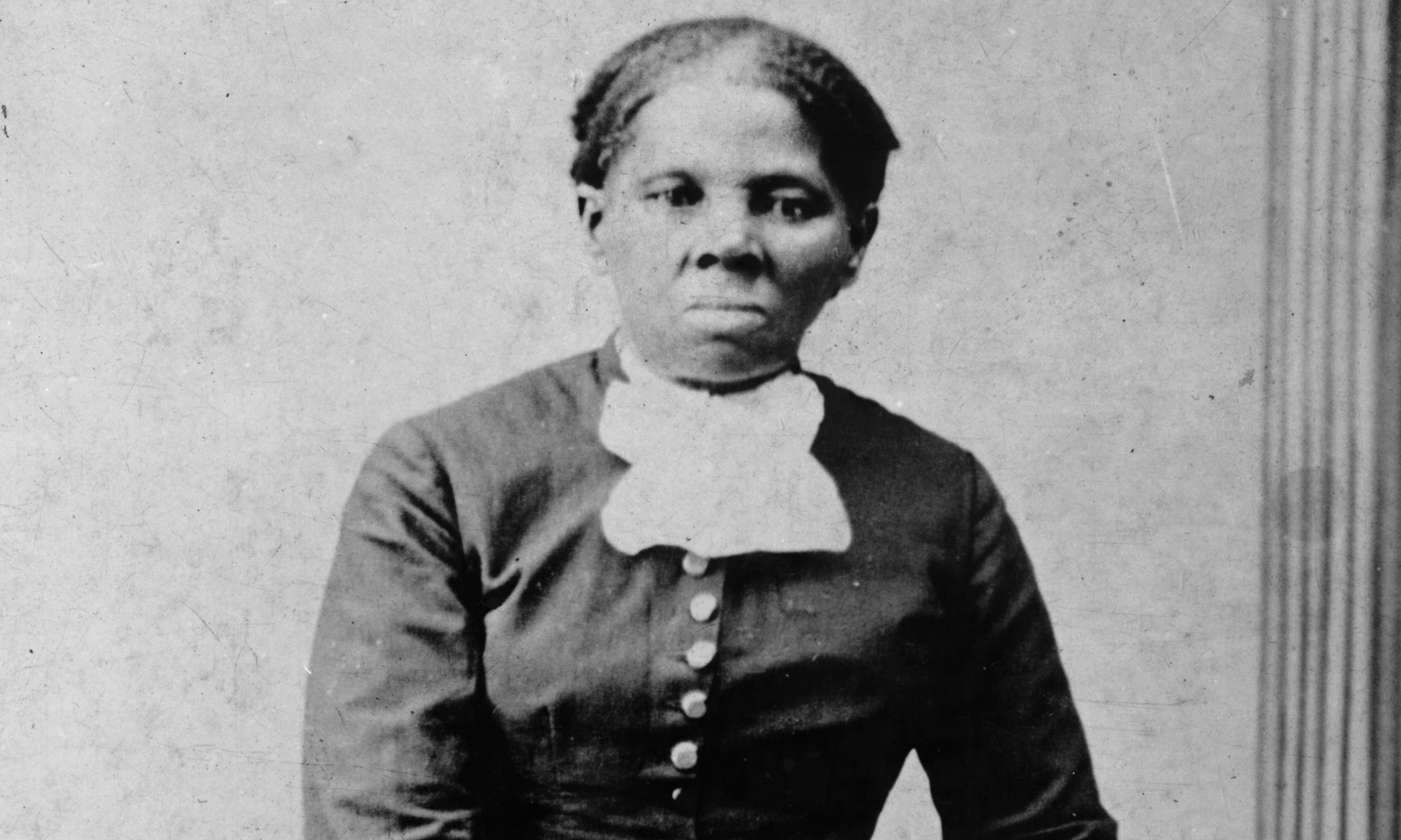
Explore significant stops along the Underground Railroad on this interactive map.
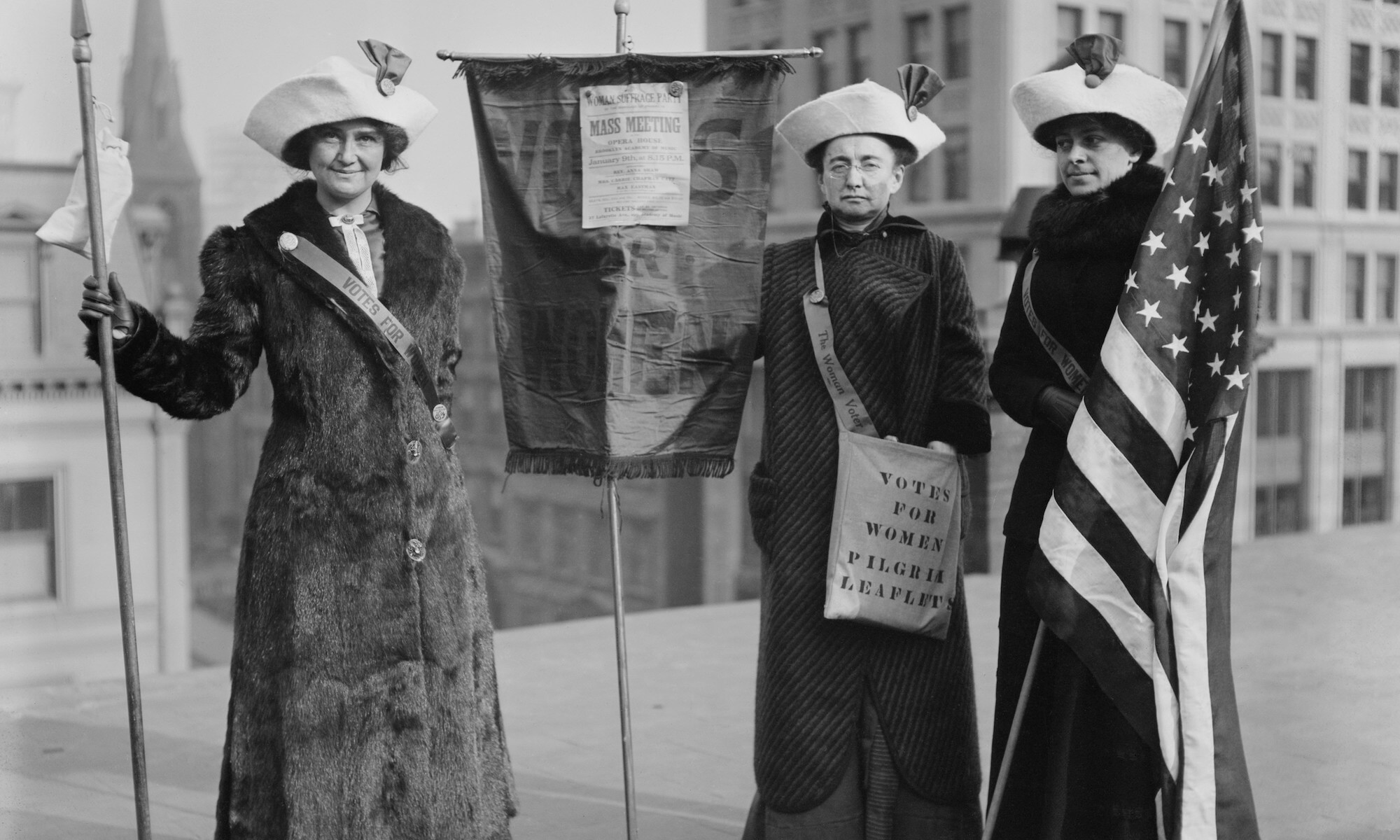
Read about the history of opposition to women’s suffrage and view historical documents and images pertaining to the issue in this resource from the National Women’s History Museum.

The Gullah Geechee’s culture and way of life is threatened by gentrification and land development. Customs such as fishing and basket weaving are at risk of being lost.

This article profiles Elizabeth Packard, a woman forced into an insane asylum by her husband during the Civil War. After her release, she became a women’s rights activist who argued that the condition of women was similar to slavery.
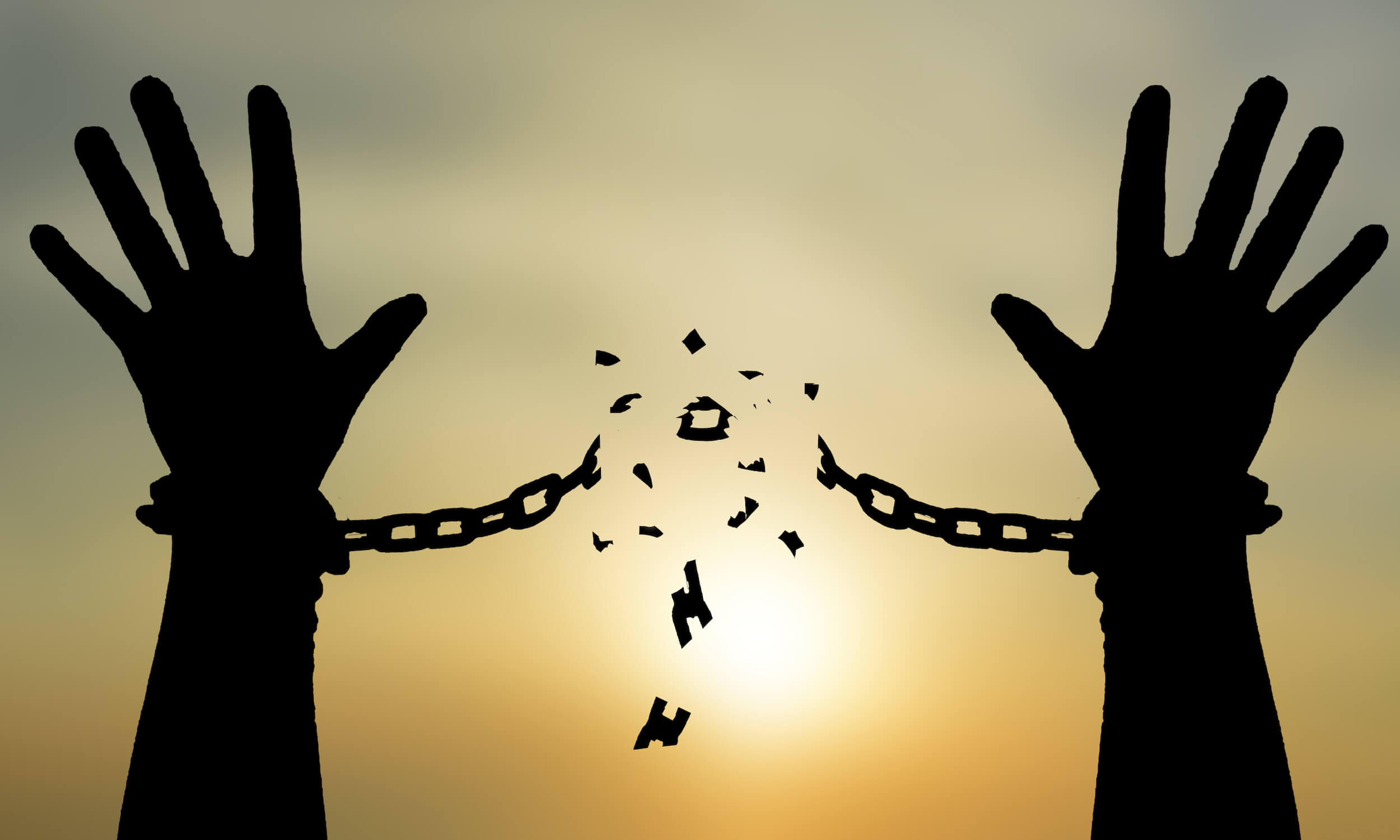
In an effort to connect with separated family members, many freedpeople turned to newspaper advertisements after emacipation.

Ah Bing is responsible for cultivating America’s most produced variety of cherry, but racism and the Chinese Exclusionary Act prevented him from reaping the benefits of his creation.
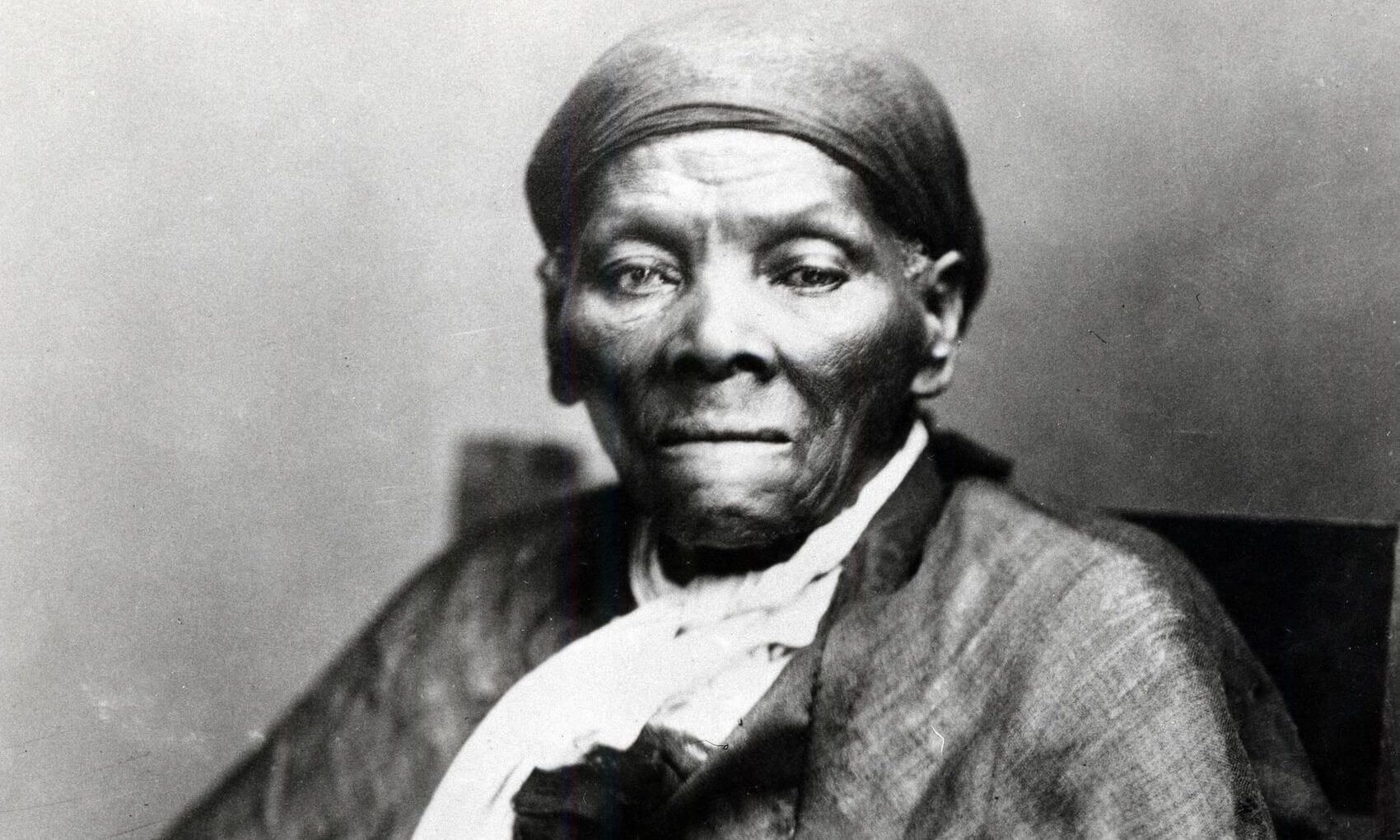
Harriet Tubman was an escaped slave, a successful conductor in the Underground Railroad, a spy, and much more. Watch the video to learn more about the incredible life of an inspiration.

The Emancipation Proclamation may have freed slaves, but many former slaves and their descendants still faced hatred and brutality in the form of lynching. Read how one museum aims to preserve the memory of these victims.
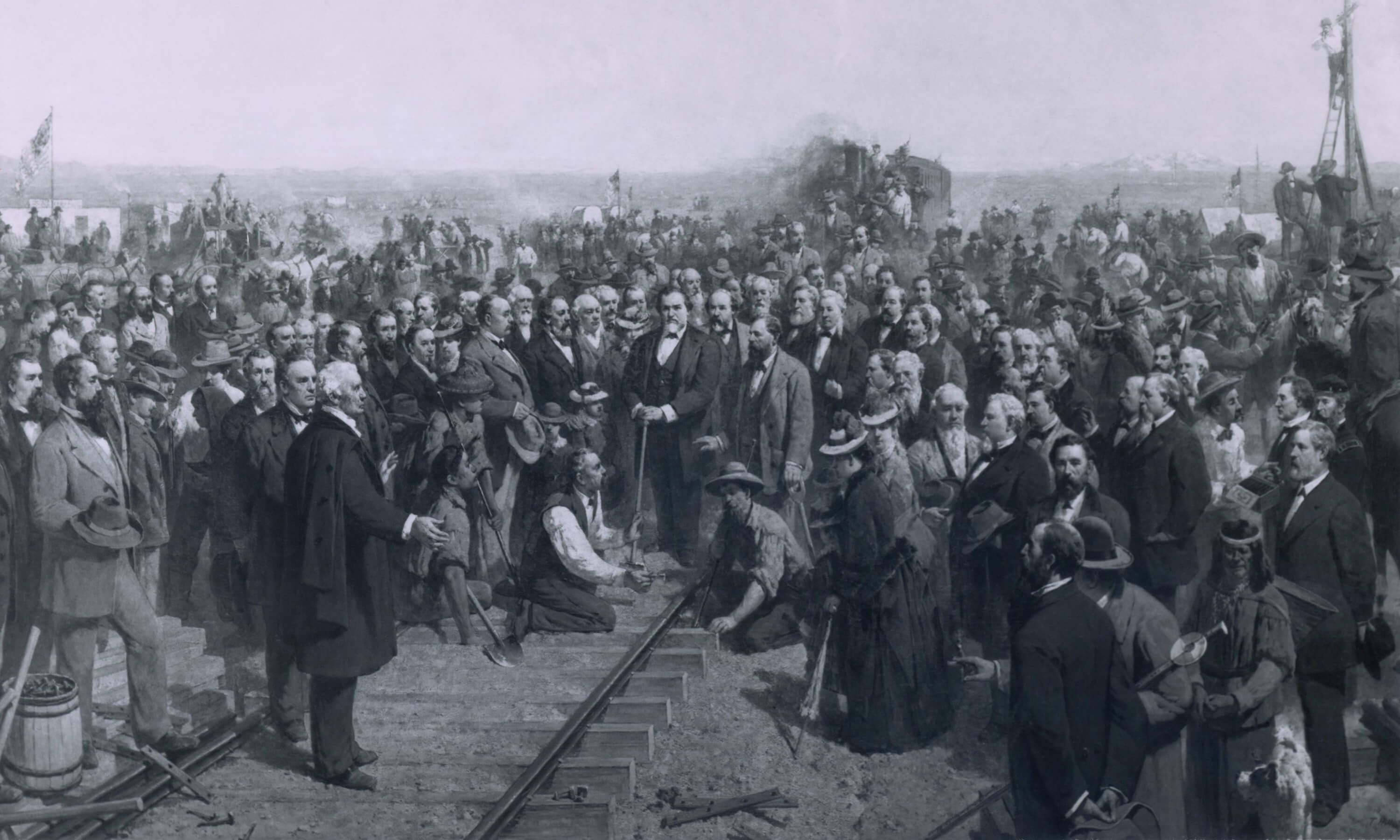
American immigration policy has always been a contentious issue. Read this article, which details a history of exclusionary actions against Chinese immigrants, to gain a better understanding of America’s tumultuous past.

What happened after the Emancipation Proclamation was issued? Learn about the various organizations formed and laws passed to help transition African Americans out of slavery, and consider how successful those efforts were.